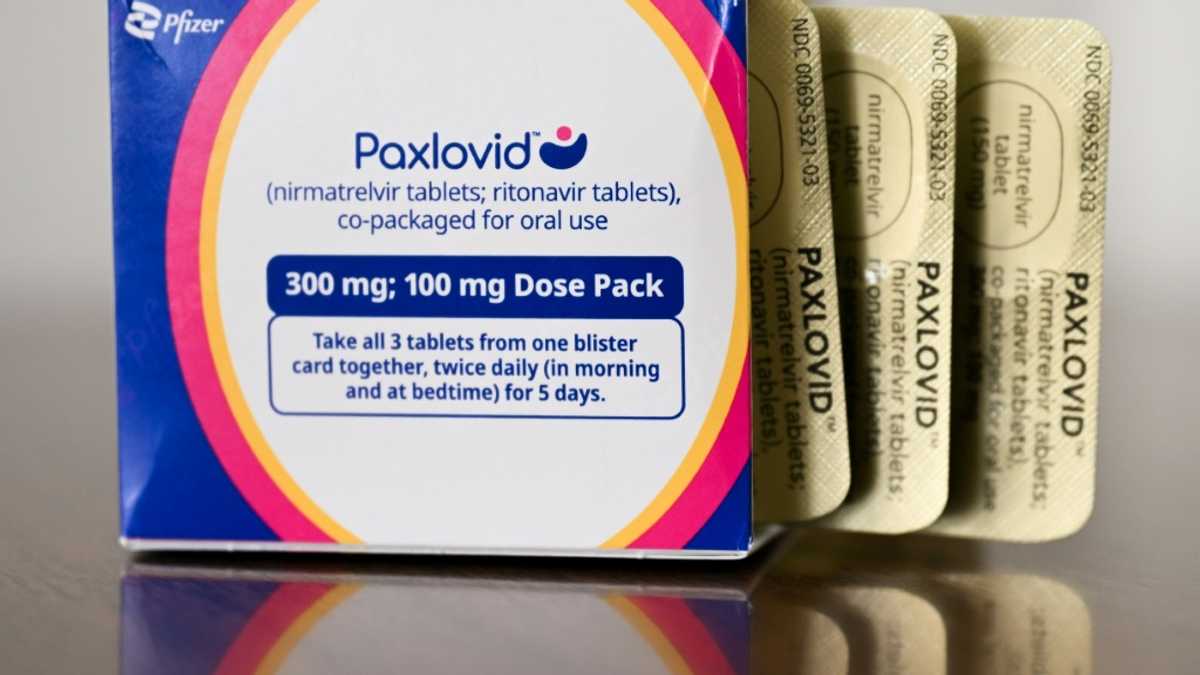Comprehensive Review of More Than 400 Studies Conducted Over 30 Years
A new publication released on March 25, 2025, sheds light on the profound impact of socioeconomic factors on health outcomes, emphasizing the critical role of self-care, particularly for low-income populations. The study, conducted by Bayer’s Research Initiative for Self-Care Equity (RISE), underscores that self-care is often the primary or sole option for managing health conditions among vulnerable communities, yet it is frequently overlooked by healthcare providers, policymakers, and governments.
The RISE study, a comprehensive review of over 400 studies across various therapy areas over the past 30 years, encompassing data from 80 countries, assessed a multitude of socioeconomic determinants affecting health. These determinants span lifestyle, demographics, environmental factors, and social conditions, all within the context of therapy areas where self-care solutions are commonly employed. These areas include allergic diseases, upper respiratory infections, pain management, women’s intimate health, digestive disorders, nutritional deficiencies, and cardiovascular disease.
Julio Triana, President of the Consumer Health division of Bayer, stated, "This study shines a renewed light on a global problem we must confront; that health is a story of the haves and the have-nots. It doesn’t have to be this way. We have the tools to ensure everyone on the planet has access to better health. This eye-opening review of some of the key factors impacting the health of underserved people can help us address these challenges through innovative approaches that expand the use and practice of quality self-care."
Bayer's Consumer Health division aims to enable billions of people to live healthier lives through trusted self-care solutions. The insights gleaned from the RISE study are intended to inform policy changes that support greater access to self-care, as well as guide the development of new products tailored to meet the unique needs of low-income populations.
Key examples highlighted in the study include:
The study emphasizes that shifting decision-making to individuals presents a unique opportunity to empower self-care and enhance health system efficiency. However, it is crucial to strengthen support mechanisms that mitigate socioeconomic disparities to maximize impact and ensure equity. Strategic investments in self-care can accelerate progress toward accessible, sustainable healthcare solutions.
Emese Csoke, Global Medical Access lead, Consumer Health division of Bayer and lead author of RISE, noted, "Access to health is a fundamental right that requires collaboration and unwavering commitment from all stakeholders. By addressing health inequalities, we can bridge the gap and ensure equitable health outcomes for everyone. This research highlights the importance of self-care in achieving health equity and calls for responsible and collective action."
Dr. Mike Reid, study author and Associate Professor, Institute for Global Health Sciences, University of California, San Francisco, added, "Health disparities are often driven by where you live, what you earn, and the opportunities you have. This research underscores the urgent need to embed self-care into broader health system strengthening efforts —because when people are given the tools and knowledge to manage their health, we see improvements not just in individual well-being but in entire communities."
About RISE
RISE is a research initiative designed to advance self-care and health equity through research, innovative solutions, policy advocacy, and community engagement. It embodies Bayer’s commitment to enabling billions of people to live healthier lives through trusted self-care.
About Bayer
Bayer is a global enterprise focused on health care and nutrition. With a mission of "Health for all, Hunger for none," Bayer aims to support efforts to master the challenges presented by a growing and aging global population through sustainable development, innovation, and growth. In fiscal 2024, Bayer employed around 93,000 people and had sales of 46.6 billion euros, with R&D expenses amounting to 6.2 billion euros.










